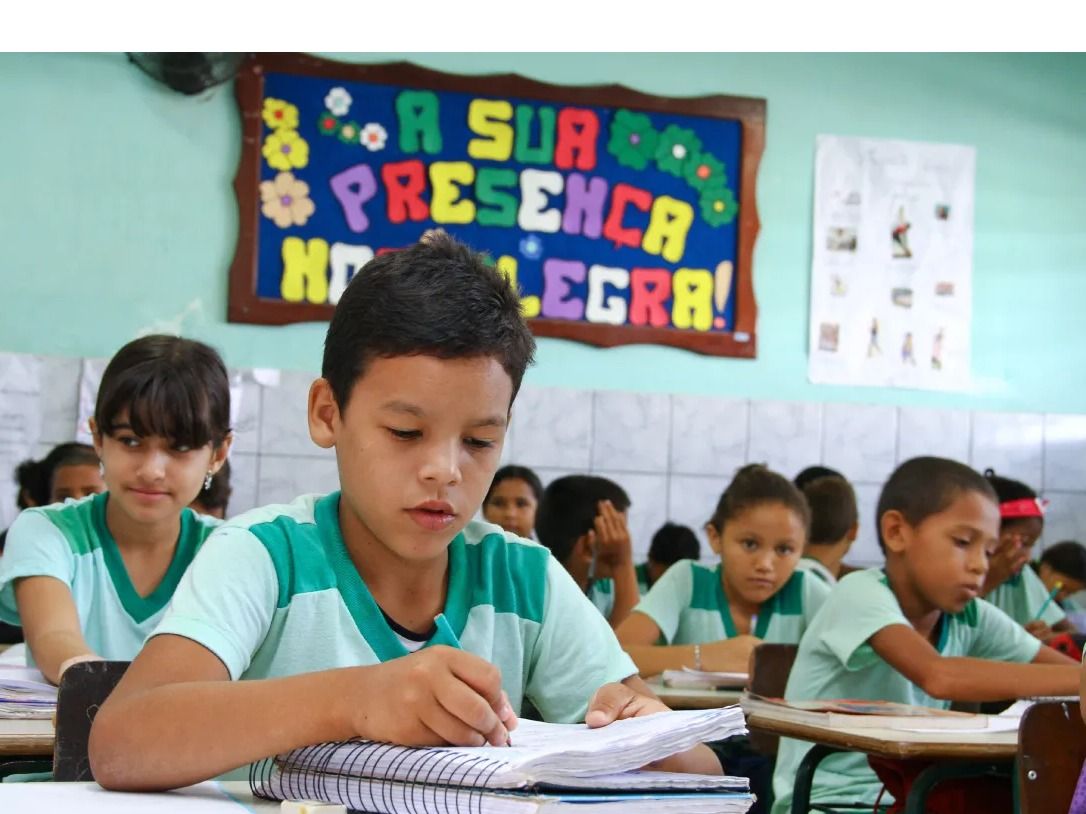
Added: Jun 17, 2025
Last edited: Nov 03, 2025
Brazil has introduced a groundbreaking national initiative to embed sustainability education—including climate literacy—across all levels of its school curriculum. The effort positions the country as a global leader in using formal education to build environmental awareness and prepare students for a sustainable future.
The core problem addressed was the absence of comprehensive, structured climate and sustainability education in schools. Although environmental themes were occasionally present, they lacked coherence and consistency, leaving students without the tools to understand global environmental challenges or their role in addressing them.
The solution involved formally integrating sustainability and climate change into Brazil’s national curriculum. This includes topics such as climate science, biodiversity, resource use, and sustainable development, taught through interdisciplinary approaches. The government committed to national implementation by 2025, making sustainability education a central part of students’ learning experiences.
The outcome is expected to improve environmental literacy among young people, foster long-term behavior change, and build a foundation for circular economy thinking. By equipping students with the knowledge and values needed to make sustainable choices, Brazil is preparing a generation capable of supporting greener systems of production, consumption, and policy.

